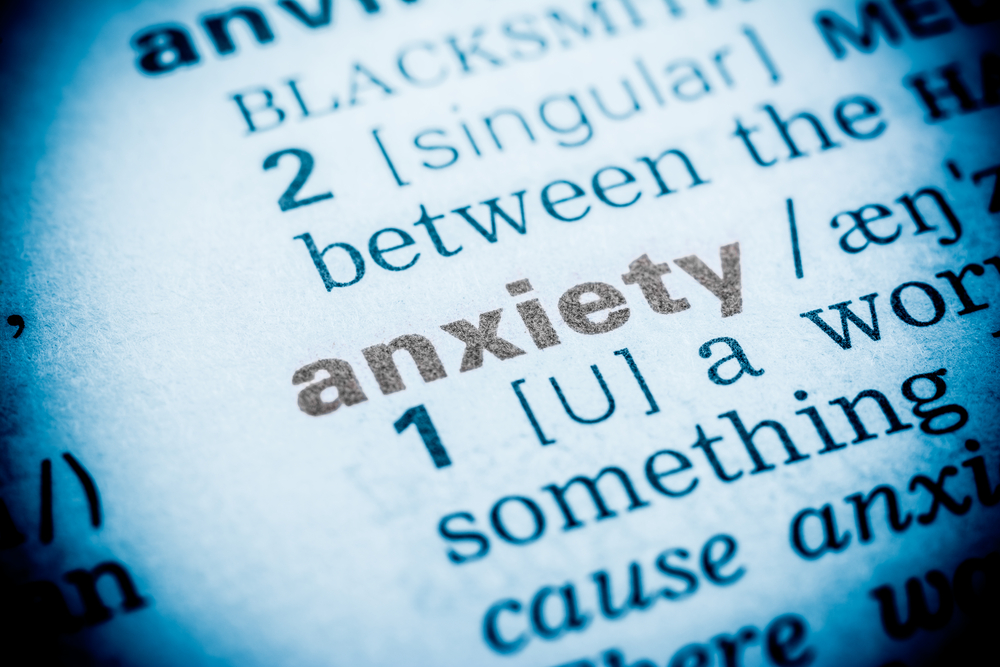
5 Benefits of Adding an Energy Drink Mix to Your Daily Routine
In today’s fast-paced world, people constantly seek ways to boost their energy levels and stay productive throughout the day. One solution is the incorporation of

Glucose, also known as blood sugar, is essential for our survival. It’s our body’s main source of energy. However, high blood sugar levels can lead to hyperglycemia, a dangerous condition that can have life-altering effects on the body when left untreated. In recent years, researchers have been noticing a clear link between anxiety and high glucose levels. We now know that anxiety can affect your blood sugar in the following ways.
One way that anxiety affects your blood sugar is through a process known as energy mobilization. When you’re constantly experiencing anxiety, your body switches from a parasympathetic state to a sympathetic one, which is also known as “fight-or-flight mode.” When this occurs, the body prepares itself for a perceived threat by mobilizing energy sources, so that it can either confront the threat or flee from it.
As the body produces adrenaline to deal with this perceived threat, the release of this hormone leads to higher glucose production in the liver. This can often result in a condition known as stress-induced hyperglycemia, which is essentially high glucose levels in the blood due to stress or anxiety.
Anxiety can also affect insulin levels in the body, and insulin plays a key role in the regulation of glucose. Insulin levels can decrease with acute or chronic stress, even stress of a psychological nature, which can lead to higher glucose levels. Your pancreas plays a crucial role in the production of insulin, and when stress levels are high, this can have an effect on the cells in the pancreas that produce insulin.
There’s also evidence that the stress associated with anxiety can lead to insulin resistance. Anxiety can cause both oxidative stress and higher levels of circulating cortisol in the body, both of which have been linked to insulin resistance. Insulin resistance is a condition where your body’s cells don’t respond well to insulin, and this can cause glucose to build up in the bloodstream.
There’s also strong evidence that anxiety affects our lifestyle choices, as it’s often intertwined with depression and other mental disorders. When a person is anxious or depressed, they may be more likely to make poor dietary choices, such as eating sweets or other foods that are high in carbohydrates. Sometimes this is because anxiety can drain the body of its energy, and we tend to naturally seek out sugary foods because they can provide a quick source of energy.
While this may help to temporarily relieve some symptoms of anxiety, fatigue, or depression in the short term, it leads to higher glucose levels in the body and can further exacerbate these conditions. Anxiety can also cause a person to become less active, such as exercising less frequently, which can also have a negative effect on the body by keeping glucose levels high.
Along with a healthy diet and positive lifestyle changes, you can lower blood sugar levels by controlling your metabolic pathways. Glucose Control 7 Ways 6.4 is a blend of natural ingredients that can do just that by stabilizing your glucose levels, reducing inflammation, and regulating your metabolism. To learn more about this product and other ways to maintain healthy glucose levels, contact us today at Panacea Scientific.

In today’s fast-paced world, people constantly seek ways to boost their energy levels and stay productive throughout the day. One solution is the incorporation of

Constipation can be a frustrating issue to deal with. Sometimes, eating enough fiber and drinking enough water isn’t enough to reduce constipation. When dietary changes

Healthy aging can mean a lot of things. From maintaining an active lifestyle to consuming a balanced, nutrient-dense diet, there are many things older adults

Payment types accepted:
Visa/MC/Discover/ American Express
© Copyright Panacea Scientific 2020. All rights reserved. | Website by Infinite Web Designs